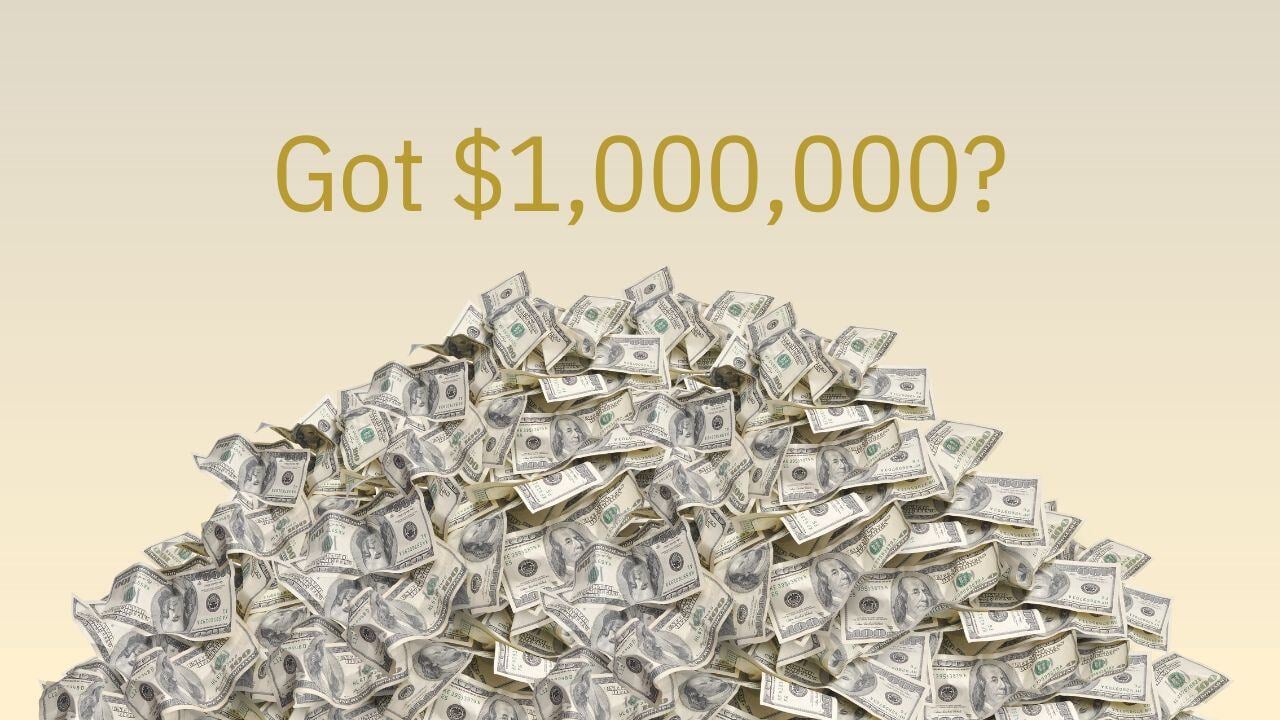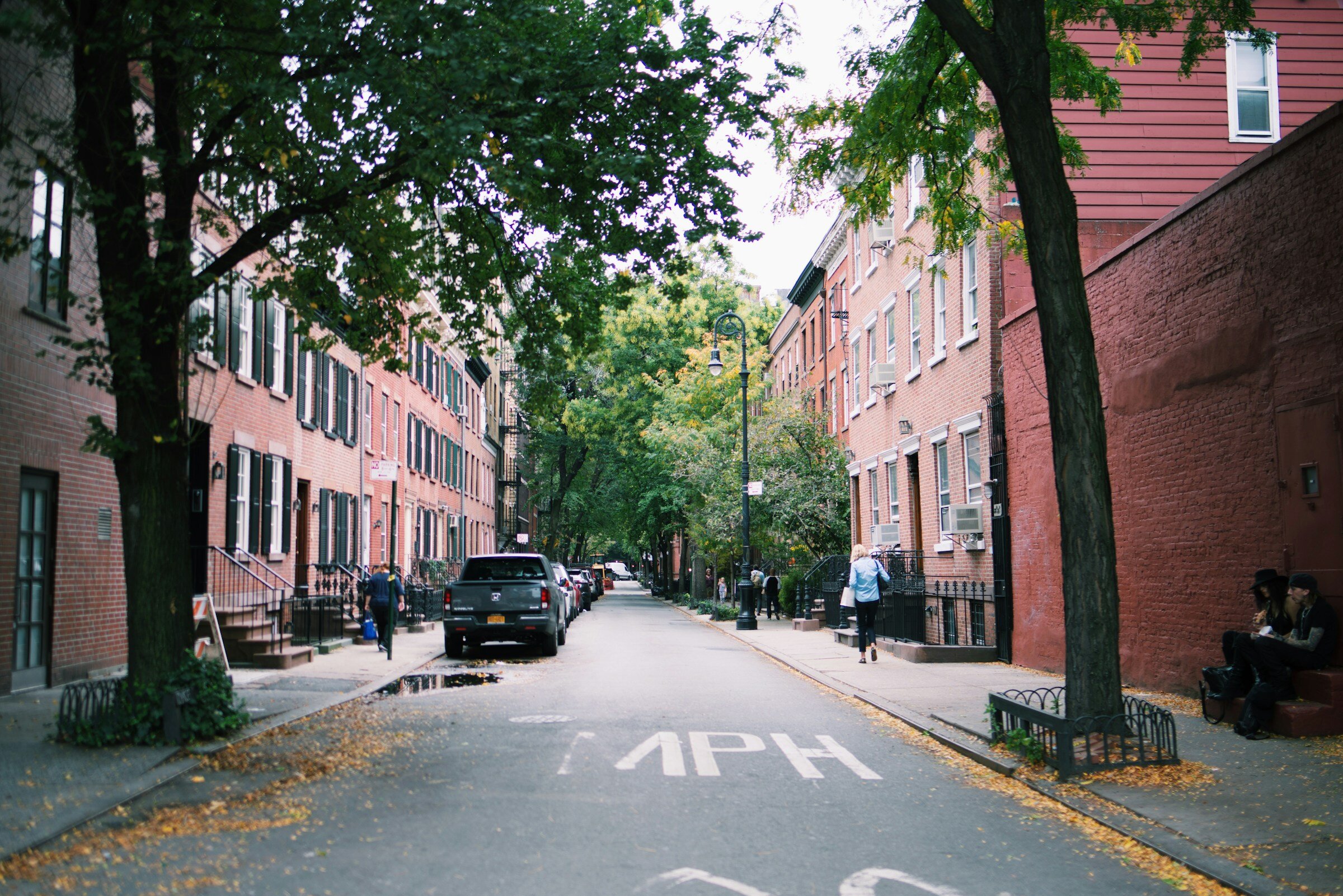What Is the Mansion Tax in NYC?
New York City is famous for its bright lights, towering skyscrapers, and high taxes. One of the most overlooked closing costs when buying a home is the New York City mansion tax.
The New York mansion tax applies to homes worth over a certain dollar amount and could potentially add five figures or more to the cost of buying a home. Here is an in-depth look at how the mansion tax works to help you set an accurate budget.
What Is the Mansion Tax in New York City?
The mansion tax is an additional transfer tax under New York State Tax Law for residential property sales over $1 million.
- It is separate from the standard New York State real estate transfer tax that applies to most property sales.
- Its purpose: to generate extra revenue from high-end property transactions.
- The tax is due at closing, so buyers need to plan for it in their overall budget.

A Brief History of the Mansion Tax
The NYC mansion tax was introduced in 1989 by then-Governor Mario Cuomo as a 1% surcharge on residential property sales over $1 million. At that time, the median home price in the Northeast was approximately $159,600, making $1 million a significant threshold. However, this ceiling hasn't been adjusted for inflation, though tiered tax brackets have been added over the years.
Today, the landscape has shifted dramatically. As of 2025, approximately 30% of homes in the New York metro area are valued at $1 million or more. In Manhattan, the median sale price reached $1.2 million in Q2 2025, with 39 neighborhoods surpassing the $1 million median sale price threshold. This surge means a larger portion of NYC homebuyers are now subject to the NYC mansion tax compared to when it first went into effect.

Current Mansion Tax Rates (2025)
The mansion tax in NYC is progressive, which means higher purchase prices mean higher tax rates. Here’s the breakdown of the current New York mansion tax rates:
|
Purchase Price Range |
Mansion Tax Rate |
|
$1,000,000 – $1,999,999 |
1.00% |
|
$2,000,000 – $2,999,999 |
1.25% |
|
$3,000,000 – $4,999,999 |
1.50% |
|
$5,000,000 – $9,999,999 |
2.25% |
|
$10,000,000 – $14,999,999 |
3.25% |
|
$15,000,000 – $19,999,999 |
3.50% |
|
$20,000,000 – $24,999,999 |
3.75% |
|
$25,000,000 or more |
3.90% |
Examples:
- A $1.5 million condo → 1% → $15,000
- A $5.2 million townhouse → 2.25% → $117,000
- A $12 million penthouse → 3.25% → $390,000
Note: The tax applies to the entire purchase price, so crossing from $999,999 to $1,000,000 triggers the full tax.
These rates have been in place since 2019 and are standard across NYC luxury real estate today.
Who Pays the Mansion Tax in New York State?
- The buyer is usually responsible.
- If the buyer cannot pay or is exempt, liability can shift to the seller.
- After 2019 reforms, in certain cases, the seller may even be jointly liable.
In practice, buyers almost always pay at closing. Negotiating for the seller to cover it is rare.
The seller is already responsible for paying the city and state transfer tax. The NYS transfer tax is 0.4% for homes worth less than $3 million and 0.65% for homes worth more than $3 million. The transfer tax in New York City is 1% for homes worth $500,000 or less and 1.425% for homes worth more than $500,000.
So, the typical seller is already paying 1.85% in combined NYS and NYC transfer taxes (even more if the property is worth over $3 million). Therefore, it often doesn't make sense for them to pay the mansion tax as well, which means most buyers will be stuck with the bill.
What Types of Properties Does the Mansion Tax Apply To?
The New York mansion tax generally applies to most residential properties:
- Single-family homes
- Condominiums
- Co-ops
- Townhouses
- New construction
- Leaseholds
- Cooperative shares sold for $1 million or more
Limited exemptions exist for non-arm’s-length transfers, like transfers between spouses, inheritance, or bankruptcy. But for typical buyers, the tax is almost always triggered.

Can You Get Out of Paying the New York City Mansion Tax?
Officially, there are no broad exemptions for standard buyers. A few niche strategies to get around paying the mansion tax in New York City include:
- Negotiating the purchase price: Offer $999,999 instead of $1 million to avoid triggering the tax.
- Agent commission rebates: Sometimes negotiated to reduce net costs (without changing the sale price).
- Structuring transfers carefully: Rare, complex, and legal-advised only.
- Transfers among exempt parties: Spouses or estate-related transfers, if qualifying.
In reality, most buyers should plan to pay the mansion tax as part of their typical closing costs.
Now that you understand the mansion tax, you’ll be better prepared when it’s time to sit down at the closing table. But knowing one tax is just the start, creating an accurate budget for when buying a home in a complex market like NYC is a whole other challenge. That’s where Undivided can help…


